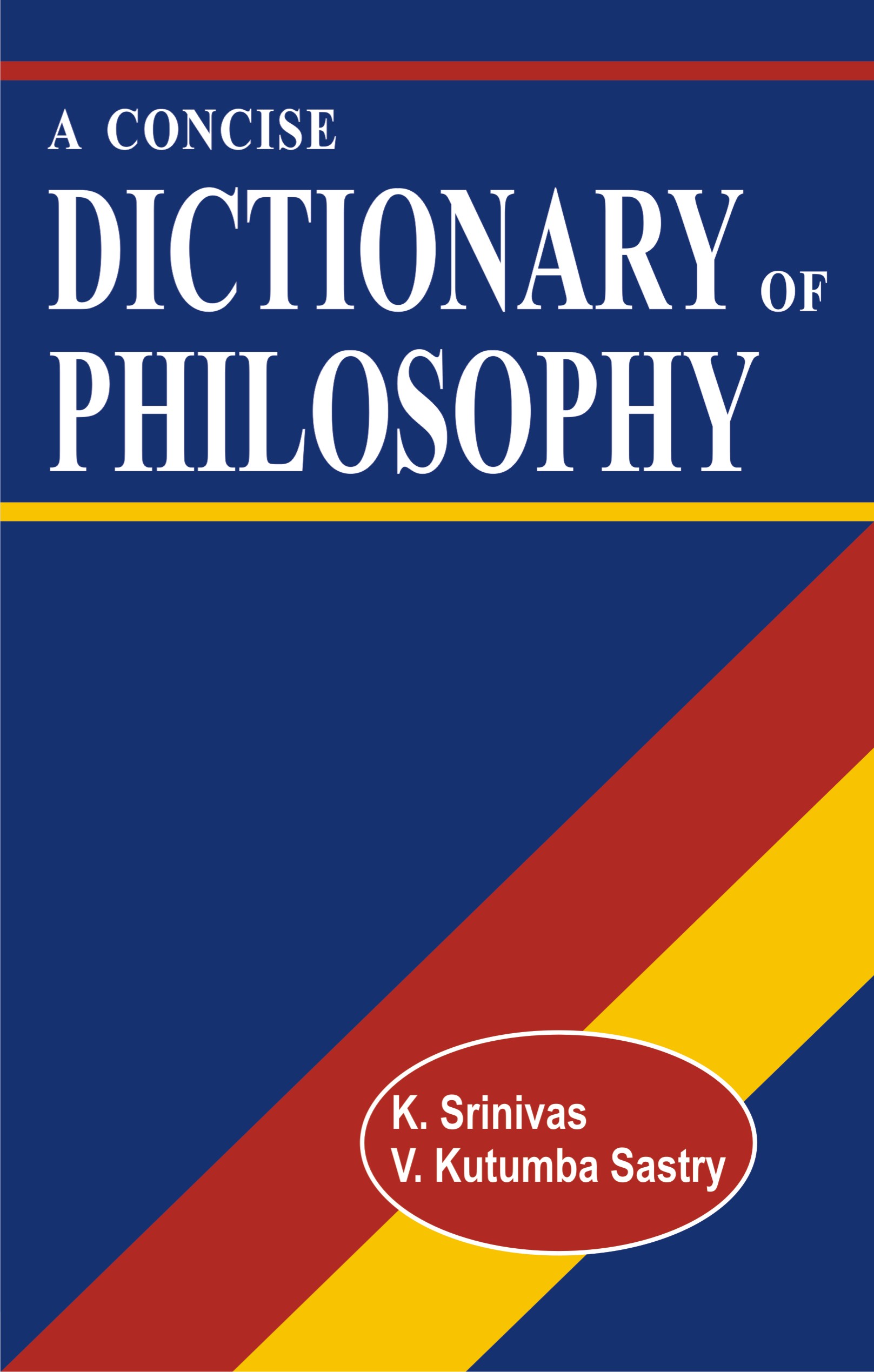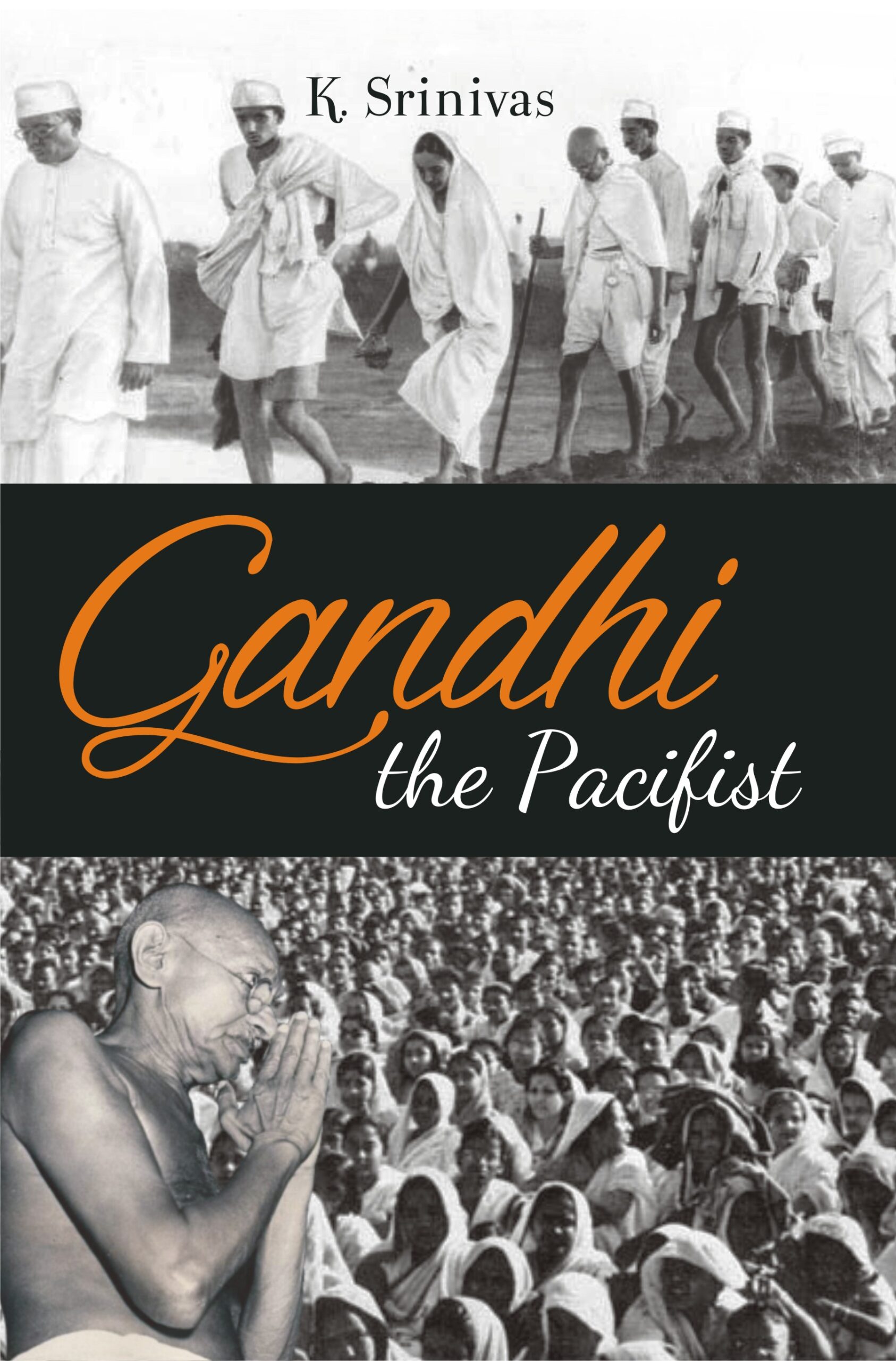
Professor K. Srinivas (1955) is currently Head of the Department of Philosophy at Pondicherry University, Pondicherry. He received his PhD degree from Jawaharlal Nehru University, New Delhi, in the year 1983. His areas of interest include: Indian philosophy, analytic philosophy, epistemology (East & West), philosophy of science, and modern logic. He has published a number of papers and books on the above mentioned areas. His books include: A.J. Ayer’s Logical Positivism (1990), A Dictionary of Philosophy (1993), and P.T. Raju (2001). Professor Srinivas travelled widely and presented papers at the International seminars held in the U.S.A., West Indies, Germany, Austria, and Thailand. He was a visiting faculty at the University of Oregon (U.S.A.), Chemnitz Technological University (Germany), and Assumption University (Thailand).
Member, Indian Philosophical Congress
Member, Austrian ludwig Wittgenstein Society
Member, International Congress of Vedanta
1. “The Principle of Verification in Logical Positivism with Special Reference to A.J. Ayer”, Indian Philosophical Quarterly (Student’s Supplement), Poona, 7:2-4:41-44, 1980.
2. “An Examination of A.J. Ayer’s Views on Phenomenalism”, Indian Philosophical Quarterly (Student’s Supplement), Poona, 8:2:19-27, 1981.
3. “The Method of Forming Theories in Science”, The Journal of Indian Academy of Philosophy, Calcutta, 24:1:42-52.
4. “Jaina Epistemology: A Reappraisal”, Gommatavani, Shravanabelagola, 3:5:5-8, 1988.
5. “Analysis as a Method in Philosophy with Special Reference to A.J. Ayer”, Indian Philosophical Quarterly, Poona, 18:1:111-23, 1991.
6. “The Notion of Reality in Advaita”, The Voice of Sankara, Chennai, 17:1:58-71.
7. “Wittgenstein on Rule-Following”, Indian Philosophical Quarterly, Poona, 19:2:105-113, 1992.
8. “Wittgenstein on Certainty”, Indian Philosophical Quarterly, Poona, 21:1:35-43.
9. “Sri Aurobindo on Evolution”, in Essentials of Sri Aurobindo’s Thought: Essays in Memory of Madhusudana Reddy (Hyderabad: Institute of Human Study), pp. 31-40, 1997.
10. “Is Religious Language Autonomous?” Indian Philosophical Quarterly, Poona, 24:2:187-196, 1998.
11. “Hindu Rituals and their Social Significance”, Triveni, Hyderabad, 67:1:17-33, 1998.
12. “Advaita as Interpreted by P.T. Raju”, The Voice of Sankara, Chennai, 23:2:91-105, 1998.
13. “Philosophy and Human Values”, Triveni, Hyderabad, 67:3:28-32, 1998.
14. “Space and Time as Conceived in Purva-Mimamsa”, in B. Sambasiva Prasad and G. Vedaparayana eds.), Tattvanidhi, (Tirupathi: Sri Venkateswara University), pp. 70-7, 1999.
15. “The Advaitic Ideal of Life”, in the Special Issue released by Adi Shankara Vedanta Pratisthanam, Bhubaneswar, pp. 34-42, 1999.
16. “Wittgenstein’s Views on Religious and Scientific Beliefs”, Indian Philosophical Quarterly, North Maharashtra University, Amalner, 5:3-4, 1999.
17. “Habermas’ Communicative Ethics”, Calicut University Research Journal, Calicut, 1:1:28-35, 2000.
18. “Dvaitadvaita of Nimbarka: A Reappraisal”, Voice of Sankara, Chennai, 25:1:137-148.
19. “truth as Conceived in Yogacara and Madhyamika”, Indian Philosophical Quarterly, Poona, 27:4:393-402, 2000.
20. “Do Human Rights Ensure Social Justice? A Philosophical Perspective”, Pondicherry University Journal of Social Sciences and Humanities, Pondicherry 3:1:31-42, 2002.
21. “The Other in Indian Philosophy and Religion”, in Steven Shankman and Massimo Lollini (eds.), Who, Exactly, is the Other? Western and Transcultural Perspectives (Oregon: Oregon University Humanities Center Press), pp. 49-54, 2002.
22. “The Argument from Illusion”, Indian Philosophical Quarterly, Poona, 30:2:237-49, 2003.
23. “P.T. Raju on the Nature of I-Consciousness”, in The Issues in Contemporary Indian Philosophy to be brought out by Professor Rama Rao Pappu, Miami University, Ohio, USA, 2003.
24. “The Philosophical Implications of Vemana’s Poetry” to be published by Centre for Studies in Civilizations, New Delhi, 2003.
25. Review on Professor Debabrata Sinha’s book on Kalidas Bhattacharyya, Sandhan (Journal of Centre for Studies in Civilizations, New Delhi), 1:2:171-87, 2003.
26. “Self-Analysis and Reflective Thinking in Indian Philosophical Systems”, to be published in the Volume on Indian Psychology, NCERT, New Delhi, 2003.
27. “The Social Significance of Advaita Vedanta”, Voice of Sankara, the Golden Jubilee Volume, Chennai, 29:1:179-93, 2004.
28. “Suresh Chandra on Ayer”, in The Philosophy of Suresh Chandra, R.C. Pradhan (ed.), Indian Council of Philosophical Research, New Delhi, pp. 121-67.
29. “The Concept of Mind in Orthodox Indian Thought: Its Implications for Modern Psychology”, with K. Krishna Mohan in Consciousness, Indian Psychology and Yoga, PHISPC, Vol. IX, Part 3, Kireet Joshi and Mathijs Cornelissen, (ed.) (New Delhi: Centre for Studies in Civilizations), pp. 296-306, 2004.
30. “The Advaitic Understanding of Self and Human Rationality”, in Studies in Vedanta: Essays in Honour of Professor S.S. Rama Rao Pappu, D.K. Printworld, New Delhi, pp. 43-56, 2005.
31. “Rorty’s Critique of Philosophy as Epistemology”, Indian Philosophical Quarterly, 4:1, pp. 22-34, 2005.
32. “Haberrmas’ Hermeneutics of Communication”, to be published in the Journal of Indian Institute of Advanced Study, Shimla, 2005.
33. “The Tacit Dimensions of Transcendentalism in Wittgenstein’s Tractatus: A hermeneutic Exercise” in the proceedings of 28th Ludwig Wittgenstein Symposium, Kirchberg, Austria, pp. 285-86, 2005.
34. “Contemporary Approaches to Indian Epistemology with Special Reference to B.K. Matilal”, Prajna Vihara: Journal of Philosophy and Religion, 7:2, pp. 124-40, 2006.
35. “Indian Philosophy and Peace”, in Imtiyaz Yusuf, ed., The Role of Religious and Philosophical Traditions in Promoting World Peace. An Asian Perspective (Singapore: Konrad Adenauer Stiftung), pp. 119-45.
36. “The Role of Philosophy: An Indian Perspective”, Jnanodaya: Journal of Philosophy, Issue No. 15, pp. 1-7, 2008.
37. “Hinduism and Human Development”, in Imtiyaz Yusuf, ed., Religion and Human Development (Singapore: Konrad Adenauer Stiftung), pp. 87-106, 2008.
38. “Wittgenstein’s Notion of Understanding”, Suvidya: Journal of Philosophy, 3:1, pp. 79-90, 2009.




| There are no products |